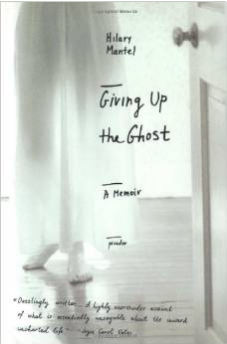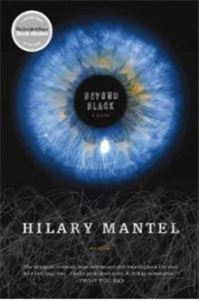Best of Ten!
At last, Hilary Mantel has produced this long-awaited third volume of her Thomas Cromwell trilogy, begun with Wolf Hall. One of the remarkable traits of this trilogy is that it lives fully within the thoughts of its main character, and never has a character been so thoroughly drawn.
The Mirror and the Light begins with the beheading of Anne Boleyn, which Cromwell has largely brought about at the urging of Henry VIII. Indeed, he has been avenged against most of the people who ruined his first and beloved master, Cardinal Wolsey, and Anne Boleyn was one of them.
However, his service is now devoted to that of his current master, Henry VIII. He sees that service to bring down Henry’s enemies but also to save Henry from the worst of his excesses. One of his first acts is to save Mary Tudor’s life by bringing her to obedience to her father. He also works to keep the realm within the Protestant religion. So, after the death of Henry’s third queen, Jane, following childbirth, he tries to find Henry a wife who will bring him allies from the Protestant German states. For England is alone and open to attacks from all Catholic countries.
I know my Tudor history, so I knew all along how this would end. The novels show a man who can be ruthless but who is also charitable, kind, and loyal. Not all of his cheerful, unruly household of semi-adopted sons turn out to be as loyal to him.
The last thirty pages or so of this novel had me in tears. For me, there can be no better compliment to a book.







